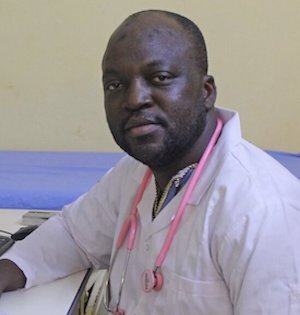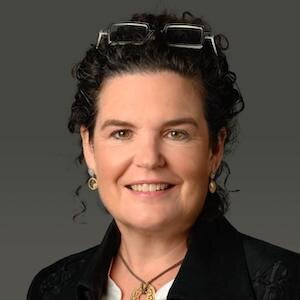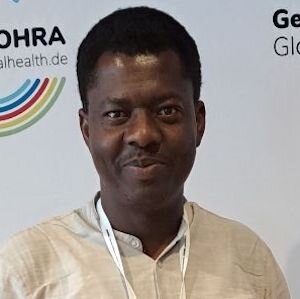PAMAfrica marks World Malaria Day
On World Malaria Day, PAMAfrica partners reflect on how the consortium is contributing to the ambition of accelerating the fight against malaria for a more equitable world.

Dr Montserrat Blázquez-Domingo, Senior Project Officer European & Developing Countries Clinical Trials Partnership (EDCTP, The Netherlands)
“EDCTP is delighted to see the PAMAfrica Consortium use a portfolio approach to develop two novel medicines and one improved combination therapy to combat malaria infections in infants and young children living in malaria-endemic areas. If successful, these new interventions will contribute to the reduction of drug resistance, potentially reduce malaria transmission and constitute a point of inflection in the malaria elimination strategy globally.”

Dr Bérenger Kaboré, Research Associate, Clinical Research Unit of Nanoro (Burkina Faso) and Principal Investigator of the CALINA study.
“Ensuring the smallest babies suffering from malaria get the right dose of medicine has long been a challenge for doctors on the African continent. Through the PAMAfrica partnership, we're not merely bridging gaps in treatment, we're forging a lifeline for the most vulnerable. Our dedication is steadfast, our mission clear: every child deserves a fighting chance against malaria.”

Andrea Lucard, Chief Officer, Corporate Strategy and Affairs, Medicines for Malaria Venture (Switzerland)
“There is no other way to defeat malaria than through strong partnerships, and PAMAfrica is a great example of this. On WMD we commit to continue bringing our expertise together for better health outcomes around the world.”

Nouhoun Barry, MD, PhD student in Experimental Medicine, Eberhard Karls UNIVERSITAT TÜBINGEN
“The emergence of resistance to artemisinin derivatives is a threat to the treatment of severe malaria. Indeed, WHO recommends injectable artesunate for the management of severe malaria. To counter this resistance, the PAMAfrica Consortium is assessing the efficacy, safety and tolerability of up to three different dosing regimens of IV cipargamin in patients with severe malaria.”